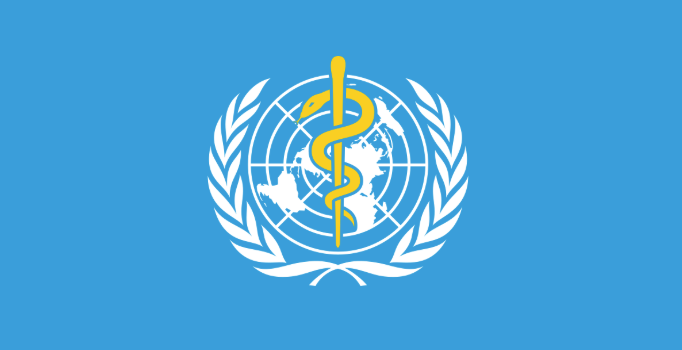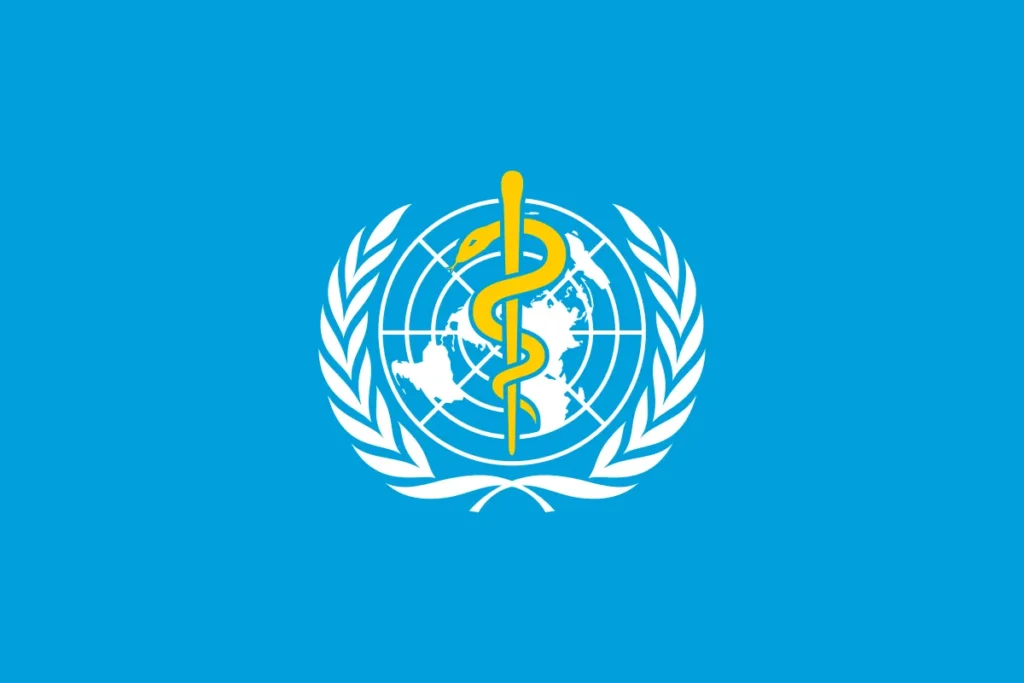
WHO Strongly Condemns Attacks on Staff Shelter and Warehouse in Gaza as Humanitarian Health Operations Reach Breaking Point
The World Health Organization (WHO) has issued a forceful condemnation of recent assaults on its facilities and staff in Deir al Balah, Gaza, amid escalating conflict and a rapidly deteriorating humanitarian situation. The attacks, which involved repeated airstrikes on a WHO staff residence and the destruction of its main medical warehouse, have severely compromised the organization’s ability to maintain critical health operations in the region.
Repeated Airstrikes on Staff Residence
On the same day as a new evacuation order issued by the Israeli military, WHO’s designated staff housing in Deir al Balah came under direct assault. The building, which was sheltering WHO personnel and their families, including children, was struck three times. The airstrikes triggered a fire, inflicted substantial structural damage, and inflicted deep psychological trauma on the occupants.
Israeli military personnel subsequently entered the compound. Women and children were ordered to evacuate on foot to the Al-Mawasi area—an active conflict zone with ongoing hostilities. Male staff members and their family members were subjected to severe mistreatment: handcuffed, stripped, and interrogated at gunpoint during field screenings.
WHO reports that two of its employees and two of their relatives were detained. Three individuals were later released, but one staff member remains in Israeli custody. A high-risk evacuation operation was later carried out once access was possible, during which WHO succeeded in relocating 32 people, including women and children, to its local office—despite the facility being located perilously close to both the evacuation zone and the theater of military action.
Main Warehouse Destroyed and Looted
In another blow to humanitarian infrastructure, WHO’s central warehouse in Deir al Balah—vital to the distribution of medical aid across Gaza—was damaged during an attack that ignited a blaze and set off internal explosions. The compound was later overrun and looted by desperate civilians in need of life-saving supplies. This facility had served as a central hub for medical logistics, storing critical resources for WHO-supported hospitals, mobile emergency teams, and partner organizations.

The destruction of this key warehouse comes amid a broader pattern of attacks and destruction targeting health facilities across Gaza. WHO warns that with its main logistical hub now rendered non-functional and with Gaza’s medical supplies largely exhausted, the organization faces unprecedented barriers in delivering assistance where it is needed most.
WHO Demands Protection and Accountability
In a statement issued following the attacks, WHO called for the immediate release of its detained staff member and demanded full protection for all personnel and premises engaged in humanitarian work. The agency reiterated that all WHO facilities—including staff housing, offices, and warehouses—had been geo-tagged and their coordinates shared with all relevant parties to the conflict in order to safeguard them from attack.
“These facilities form the operational backbone of WHO’s life-saving health mission in Gaza,” the agency emphasized. “Their destruction or compromise is not just a threat to WHO’s staff—it is a direct threat to the entire humanitarian health response in the region.”
The agency further condemned what it described as a systematic erosion of humanitarian operating space, noting that as of now, 88% of Gaza lies under evacuation orders or within militarized zones, making it nearly impossible for civilians or aid workers to find refuge.
Humanitarian Operations on the Brink
WHO painted a dire picture of the operational landscape in Gaza. On the night before the warehouse destruction, 43 WHO staff and their families had already been forced to flee multiple residences and seek refuge at the organization’s office under the cover of darkness. The relocation, carried out under high-risk conditions, reflects the daily dangers faced by humanitarian personnel and the collapsing security framework in which they work.
With most staff housing inaccessible, warehouses damaged or destroyed, and supplies running critically low, WHO said its capacity to respond to medical emergencies has been severely undermined. The current environment has pushed the already crippled healthcare system in Gaza even closer to total collapse, WHO warned.
“Medical teams are operating without essential medicines, equipment, or fuel,” the organization noted. “The degradation of health infrastructure in Gaza is not just tragic—it is catastrophic.”
WHO has issued an urgent appeal to its Member States to ensure a sustained, predictable, and safe flow of humanitarian and medical supplies into Gaza. Without this support, WHO said it will be unable to uphold its mission of delivering emergency care and protecting public health amid the ongoing crisis.
Continued Commitment Despite Mounting Risks
Despite the intensifying violence and logistical breakdowns, WHO stated unequivocally that it would maintain and expand its presence in Deir al Balah, aligning with the broader UN decision to remain on the ground in Gaza. The agency reaffirmed its commitment to delivering health services, even as the conditions for doing so become more perilous by the day.
“The situation has reached an intolerable point,” the organization said. “Red lines are being crossed with impunity. Our staff, along with other humanitarians and health workers, are being forced to operate under conditions that should be unimaginable in a modern conflict.”
Call for Ceasefire and Humanitarian Access
In addition to demanding protection for its personnel and operations, WHO once again called for the immediate and unconditional release of all hostages held in Gaza, and for the active protection of civilians and health infrastructure on both sides of the conflict.
The agency emphasized the urgent need for unimpeded humanitarian access, including food, water, fuel, and medical aid, to flow into and across Gaza at scale. It described the existing access constraints as “unconscionable,” and said that efforts to restore health services and prevent further loss of life are being dangerously undermined by continued military operations and attacks on humanitarian facilities.
“Life in Gaza is being relentlessly squeezed,” WHO concluded. “Every day without a ceasefire pushes the population further toward irreversible catastrophe. A ceasefire is not just necessary—it is long overdue.”
As the humanitarian situation in Gaza continues to unravel, WHO’s stark warning stands as a testament to the growing peril faced by both civilians and those striving to save lives in a war zone where health care, humanitarian law, and basic dignity are under constant siege.





